Accelerate-Spark 'Data for Science' Residency Programme - Free 'Data for Science' training course for Cambridge researchers
The Accelerate-Spark 'Data for Science' Residency Programme is offering PhDs and postdocs in science disciplines across Cambridge University a free 'Data for Science' training course in February. Aimed at helping participants to apply data science tools to their own datasets and research problems, the course runs over five weeks, starting on 1 February 2021.
This structured five-week Accelerate-Spark Data for Science Residency Programme will equip scientists with modern practical data analysis skills using Python in a virtual instructor-led accelerated masterclass.
The course is part of the new Accelerate Programme for Scientific Discovery, led by Professor Neil Lawrence, DeepMind Professor of Machine Learning, which is designed to equip researchers with the skills they need to use machine learning in their research.
"Machine learning and AI are increasingly part of our day-to-day lives, but they aren’t being used as effectively as they could be, due in part to gaps of understanding between different research disciplines," says Neil. "This programme will help us to close these gaps by training physicists, biologists, chemists and other scientists in the latest data science techniques, giving them the skills they need to advance the excellent research already taking place here at the University."
The course will be run by Cambridge Spark and will provide scientists with the skills they need to successfully use data science methods in their own research.
As well as learning how to apply data analysis to their own datasets and problems, virtual residents on the course will collaborate on real-world data science challenges in teams as part of two hackathons and join a world-leading community of scientists and researchers working at the interface of data science and science.
Application requirements
Participants will be current PhD students or researchers at the University of Cambridge, who are working in science disciplines and have basic programming skills. Applicants are asked to commit to dedicating at least 30 hours per week to the course over the five weeks from Monday 1 February. Places are limited and participants will be selected based on a technical assessment and alignment with the aims of the programme.
Full details and application. To apply, candidates should complete an application form by 9:00 am on Wednesday 9 December.
 Cambridge Centre for
Cambridge Centre for